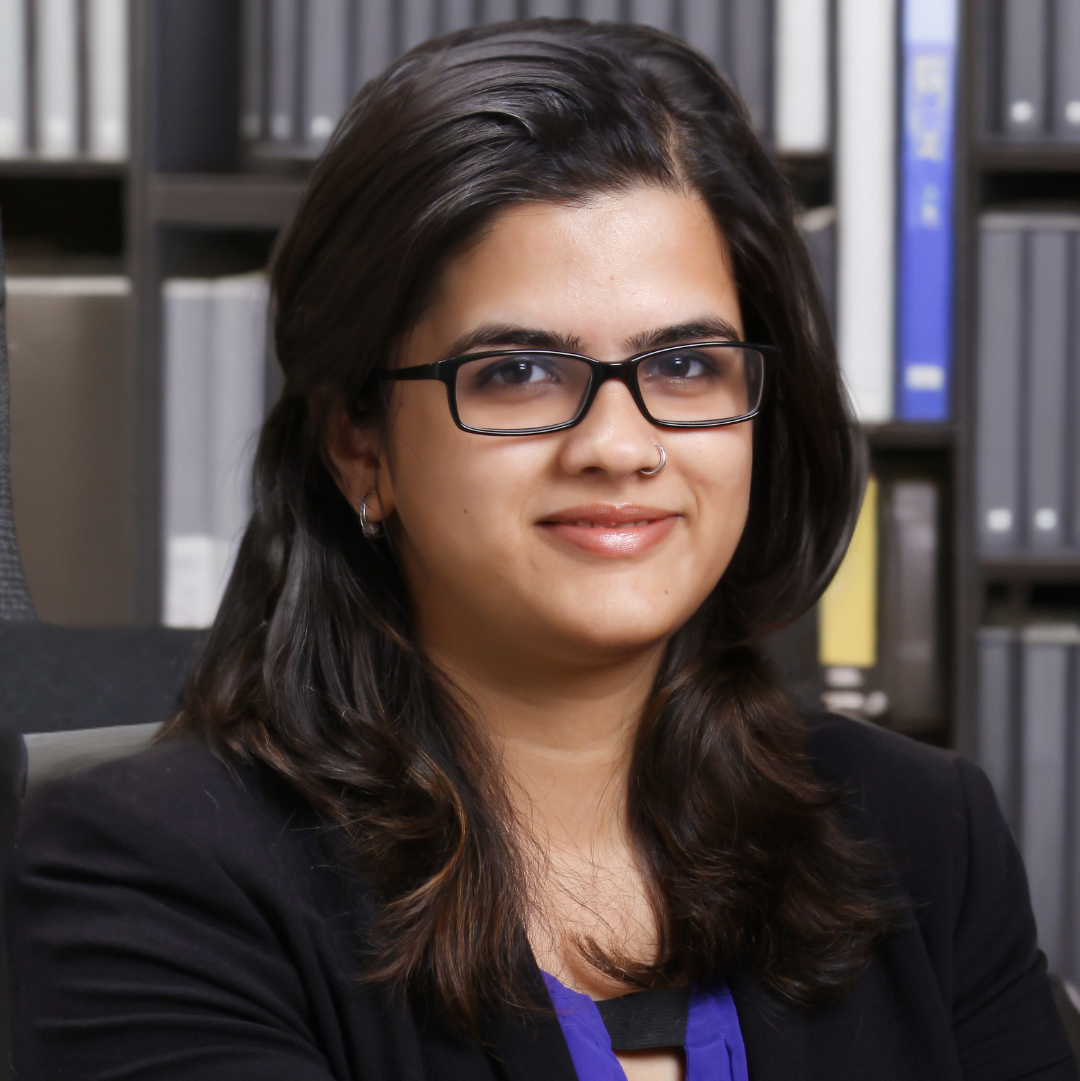This Interview has been published by Pragya Chandni and and The SuperLawyer Team

Can you tell us about your journey and how you ended up pursuing a career in law, specifically focusing on securities law and debt capital markets?
Certainly! My journey in the legal field began at Government Law College, Mumbai, where I cultivated a passion for corporate law and legal intricacies. Early on, I worked as a Senior Executive-Legal at SBICAP Trustee Company Ltd, gaining valuable experience. This laid the foundation for my transition to Juris Corp, where I’ve spent over eleven years honing my skills. My interest in securities law and debt capital markets grew organically as I navigated through various roles, ultimately leading me to head the Securities and Capital Markets Team at Juris Corp.
Debt capital markets can be quite complex and dynamic. What initially drew you to this particular area of law, and what aspects of it do you find most fascinating?
The complexity and dynamism of debt capital markets always intrigued me. I was drawn to the challenge of understanding intricate financial structures and regulations. What fascinates me most is the strategic interplay between legal frameworks and financial transactions. It’s a realm where law and finance converge, and I find the synergy between the two truly captivating.
You’ve played a pivotal role in advising and strategizing on various complex debt capital markets transactions. Could you share an example of a particularly challenging transaction and the key insights you gained from that experience?
One notable transaction that comes to mind is the issue of global medium term notes by Reliance Industries Limited which was guaranteed by Export Import Bank of India. It was the first transaction guaranteed by Exim Bank. The transaction involved navigating intricate regulatory hurdles and devising innovative structures to meet client objectives and coordinating with various onshore and offshore parties. The challenge was in ensuring compliance while optimizing the financial outcome. This experience reinforced the importance of adaptability and creative problem-solving in the ever-evolving landscape of debt capital markets.
Your expertise includes representing various foreign portfolio investors, financial institutions, and alternative investment funds. How do you navigate the unique challenges that arise when dealing with international clients and regulatory frameworks?
Dealing with international clients demands a nuanced understanding of diverse regulatory landscapes. Communication is key. I ensure transparent and open lines of communication, fostering a collaborative approach. Staying abreast of international regulatory changes and having a global network aids in effectively navigating challenges and providing comprehensive solutions.
You’ve been recognized in various publications and directories as a leading lawyer in debt capital markets. What strategies have you employed to consistently deliver high-quality service to your clients and earn such accolades?
Consistency in delivering high-quality service involves staying attuned to clients’ needs and industry trends. I prioritize ongoing education to stay ahead of the curve. Building strong client relationships based on trust and transparency has been pivotal. Recognition stems from a client-centric approach and a commitment to delivering value in every transaction.
The financial and legal landscape is ever-evolving. How do you stay updated with the latest developments and trends in the debt capital markets to ensure your clients receive the best advice possible?
Staying informed is non-negotiable in our field. I dedicate time to continuous learning through seminars, industry publications, and networking events. Collaborating with colleagues and experts helps exchange insights. Being proactive in monitoring regulatory updates ensures that my advice is not only sound but also aligned with the latest market dynamics.
In your articles and publications, you’ve covered a wide range of topics related to securities and capital markets. How do you approach breaking down complex legal concepts into easily understandable insights for your readers?
Simplifying complex concepts is an art. I aim to bridge the gap between legal jargon and accessibility. Analogies, real-world examples, and a step-by-step breakdown are my go-to methods. The goal is to empower readers with a clear understanding, fostering a broader appreciation for the intricacies of securities and capital markets.
India’s legal and financial environment can present unique challenges. Could you share a specific instance where you had to devise a creative solution to navigate regulatory complexities and achieve your client’s objectives?
Certainly, there was a case where regulatory hurdles threatened the feasibility of a transaction. is a complex trade involving asset reconstruction companies issuing non principal protection where the returns are linked to security receipts. I proposed a novel structure that adhered to the spirit of the law, we successfully navigated the complexities, achieving the client’s objectives. This reinforced the importance of innovation in problem-solving within the Indian legal landscape.
You’ve been highly appreciated by your clients for your dedication and determination. How do you maintain a balance between your professional commitments and personal life?
Maintaining balance is crucial. I prioritize tasks, set realistic expectations, and delegate effectively. Quality, not quantity, is key. Regular breaks and personal time are non-negotiable. It’s about discipline, efficiency and effectiveness in both professional and personal spheres, ensuring that dedication is balanced with a healthy lifestyle.
As a successful lawyer with substantial experience, what advice would you give to fresh graduates who are considering a career in law, particularly in the field of debt capital markets?
For fresh graduates entering the legal arena, my advice is to cultivate a deep curiosity for the subject matter. Embrace challenges as learning opportunities, and don’t shy away from interdisciplinary knowledge, especially in finance. Building a strong network, staying adaptable, and continually educating yourself will set a solid foundation. Remember, success in debt capital markets requires a blend of legal acumen and financial understanding.
Get in touch with Apurva Kanvinde-


























